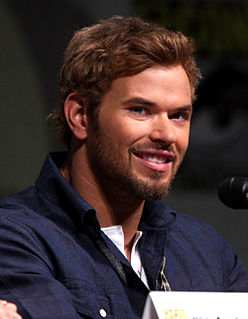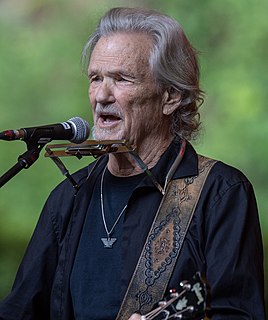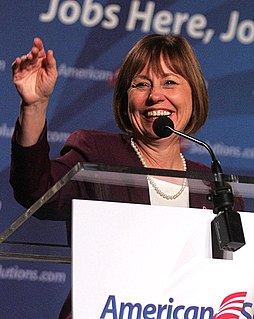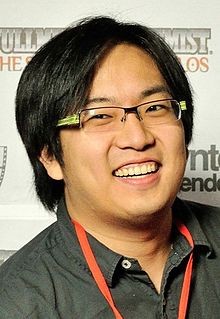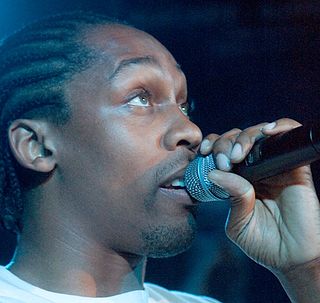A Quote by Jules Feiffer
Cartoons were very conservative. The country was very conservative. Although the liberals were allegedly in charge for a long time, there was a very acceptable balance what people would talk about in public. And I wanted to stretch those and move further out. And as the civil rights movement began, I started doing cartoons on that and on sit-ins and I was, along with Bill Mauldin, a great cartoonist out of World War II, arguably one of two white cartoonists doing this kind of work, Bill and me.
Quote Topics
About
Acceptable
Allegedly
Along
Although
Arguably
Balance
Began
Bill
Cartoonist
Cartoonists
Cartoons
Charge
Civil
Civil Rights
Civil Rights Movement
Conservative
Country
Doing
Further
Great
Kind
Liberals
Long
Long Time
Me
Move
Movement
Out
People
Public
Rights
Rights Movement
Sit
Started
Stretch
Talk
Those
Time
Two
Very
Wanted
War
Were
White
Work
World
World War
World War I
World War II
Would
Related Quotes
Bill [Condon] is such a great actor's director. He cares about what you're thinking. And, he's very open. Even though he was pressed for time, and he was doing two movies at once, and all this stuff was happening around him, he would still take time to sit there and talk to you about your scene and your character and what you were going through. That was really a treat.
Conservative thinking is a very important part of Republican Party and the Republican Party is very important to the conservative movement. Since the 1960's, the polarization of the two parties and their alignment with essentially liberal and progressive and conservative thinking respectively is one of the big changes and it's made it really hard to separate those two out and so party and ideology are much more intertwined today than they were even 20 years ago, let alone 40 years ago.
And all the things I thought were mistakes and I did cartoons on them. And then I think I was the first cartoonist in the country to attack the war in Viet Nam and that helped influence a whole generation of young cartoonists who later on took up the battle. And that was exciting to know that I had helped influence work of young people who were moving this forum into a better and more exciting area, out of the more by the state that political cartooning had been in.
They came up with a civil rights bill in 1964, supposedly to solve our problem, and after the bill was signed, three civil rights workers were murdered in cold blood. And the FBI head, Hoover, admits that they know who did it, they've known ever since it happened, and they've done nothing about it. Civil rights bill down the drain.
The Constitution was written to protect individual freedom and limit the ability of the government to encroach upon it. The liberals don't like that. The Democrats are very unhappy. The Constitution limits government too much. So they want to rewrite it, have a second Bill of Rights. So they want a new Bill of Rights that spells out what government can do instead of a Bill of Rights that tells government what it can't do.
I think The New Yorker's cartoons aren't very political because the people who do the cartoons aren't awfully political people, and they aren't paid to be political. I think editorial cartoonists are. That's what they do. They probably have a great natural interest in politics, and then they are paid to do it, so they sort of have to hunt out these ideas. I admire editorial cartoons, but I'm also sort of happy that I don't do them because I'd hate to have to label things and I'd especially hate, more than anything, to label something Dennis Hastert or Mark Foley.
You don't know who the next group is that's unpopular. The Bill of Rights isn't for the prom queen. The bill of rights isn't for the high school quarterback. The Bill of Rights is for the least among us. The Bill of Rights is for minorities. The Bill of Rights is for those who have minority opinions.
Drawing is more fun to me than writing. I think it's interesting to talk to different cartoonists about how those activities work for them. I'm a very writerly cartoonist. I certainly spend more time on the writing than I do on the drawing, even though the drawing, of course, is very time-consuming.

